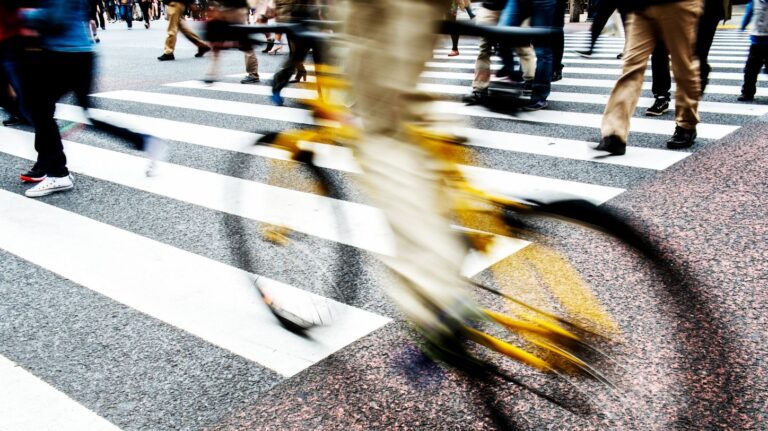The UK government has announced a £100m investment in active travel infrastructure across England.
The funding, revealed as part of the Autumn Budget, is intended to support local authorities in developing safer and more accessible walking and cycling routes.
The investment follows a reversal of earlier cuts to the active travel budget. In March 2023, funding for active travel was reduced from £200m to £50m, a decision that drew criticism from sustainable transport advocates.
The new £100m allocation restores and exceeds the previous budget, highlighting the current government’s renewed focus on non-motorised transport.
Active Travel England, the executive agency tasked with overseeing the development of walking and cycling infrastructure, will be responsible for managing the distribution and use of these funds.
The agency, led by active travel commissioner Chris Boardman, aims to ensure that the investment results in high-quality infrastructure that encourages greater uptake of walking and cycling.
Economic analysis suggests that investment in active travel can deliver substantial returns. According to Cycling UK, for every £1 spent on cycling and walking schemes, there is a return of £5.62 in wider benefits, including health improvements, reduced congestion and environmental gains.
Commenting on the new funding, Boardman said: “This investment is a welcome boost to active travel, providing local authorities with the support they need to create safer, more accessible walking and cycling routes.
“High-quality infrastructure is key to enabling more people to choose sustainable transport options.”
Despite the positive response to the funding announcement, some advocacy groups have argued that further investment is needed.
Cycling UK has called for 10% of the national transport budget to be dedicated to active travel, which would amount to approximately £2bn annually.
The group argues that this level of funding is necessary to achieve the benefits seen in countries such as Denmark and the Netherlands, where cycling and walking play a larger role in everyday transport.
The decision to freeze fuel duty has also drawn attention. Critics have suggested that maintaining lower fuel costs could undermine efforts to shift people away from car use and toward more sustainable modes of transport.
Advocacy groups have proposed that revenue from fuel duties could be redirected to support public transport and active travel initiatives.





